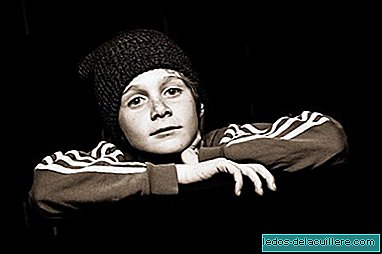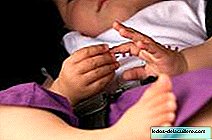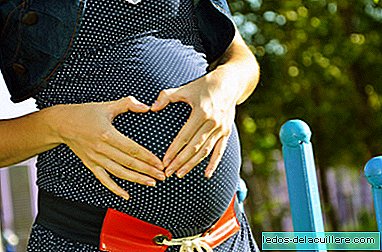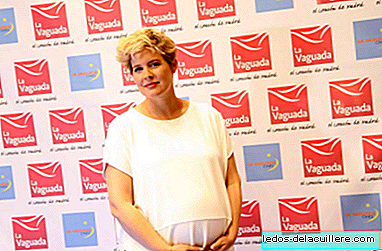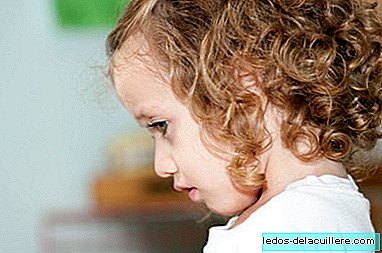
A recent study by scientists at the University of York, in Canada, has revealed that very young babies, only six months old, they know when they are "teasing" and show that they don't like this attitude.
The results of this research empirically demonstrate that children of these ages are able to identify and understand the intentions of adults and give an answer to them, demonstrating that they express their disagreement or react accordingly. So far, this ability had been demonstrated only after nine months.
Specifically, it was shown that if babies saw that an adult could not share an object with him they showed no reaction, however if they realized that the adult did not give him the object because he did not want to, he showed his discomfort and "anger."
For the study the reactions of forty babies of six and nine months before a game that consisted of an adult showing or unable or reluctant to share a toy with children.
The babies calmly accepted the fact that the adult was not able to share with them the toy for reasons beyond their control but, on the contrary, they detected and were agitated when it became clear that the adult simply had no intention to share.
The scientists recorded the social responses of the little ones, such as sadness, looks of rejection, smiles or their vocalizations, in addition to attending to other more physical responses, such as the fact of hitting.
With the babies sitting on their mothers' lap by a table, and in front of another adult, they were subjected to three situations: blocking, teasing (they showed him the toy and hiding it) and playing. In each of these situations there was a condition of inability to share the toy and another of resistance to sharing by the adult.
This research was supported by grants from the Research Council of Social Sciences and Humanities of Canada. The results may seem irrelevant at first sight, but I think they demonstrate the great intelligence and intuition of such small babies.
In addition, the social and cognitive abilities of babies are not as well known, so any scientific approach helps unveil the mysteries that still surround the baby's intelligence.
We already know that if we want to play such a joke on babies, already with six months will not make any grace, and know when we do not want to share A toy with them.



